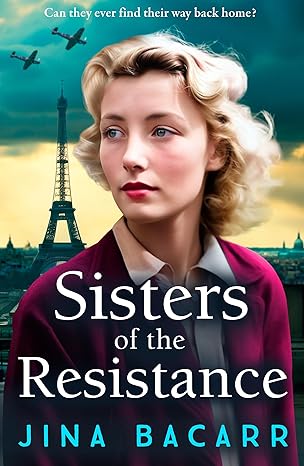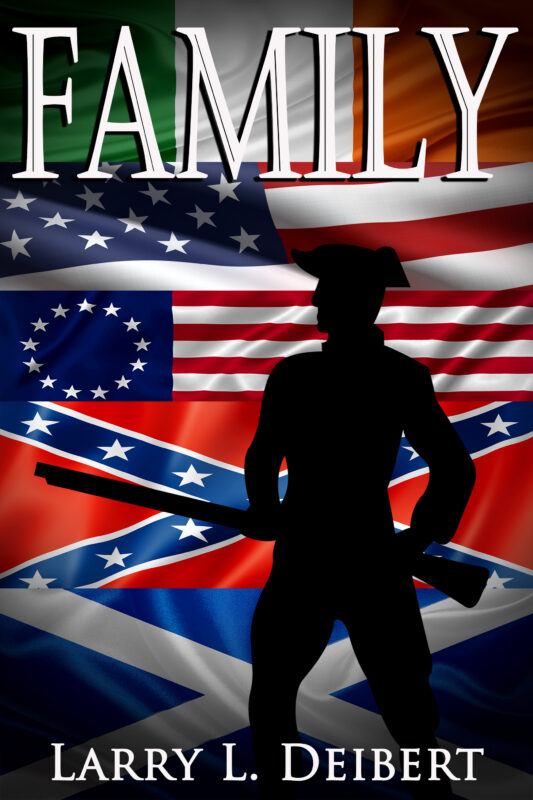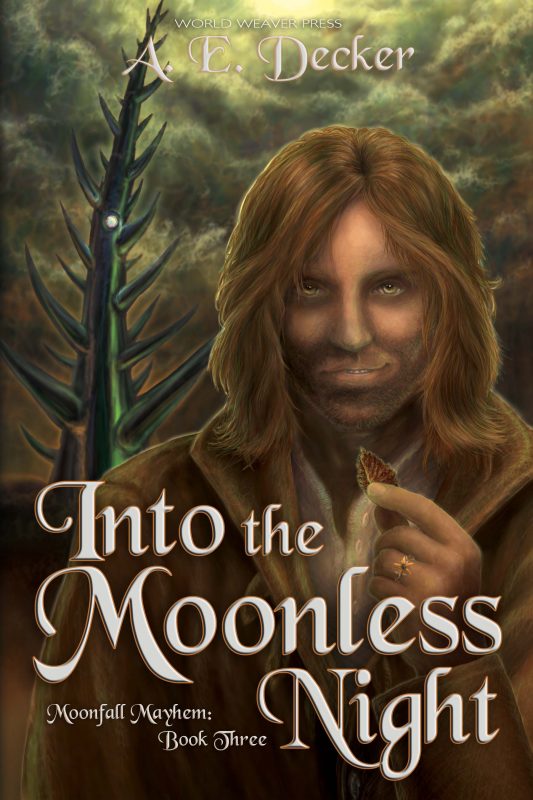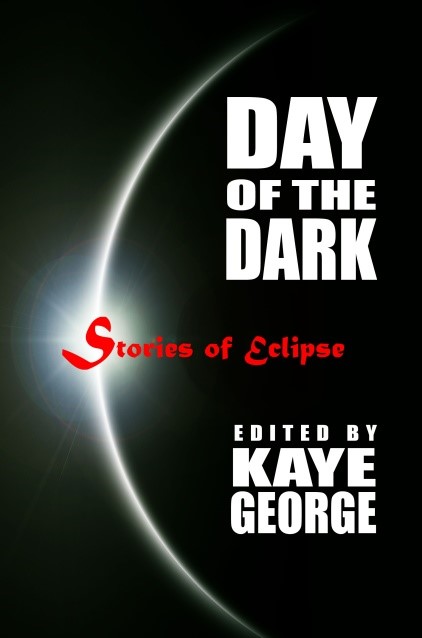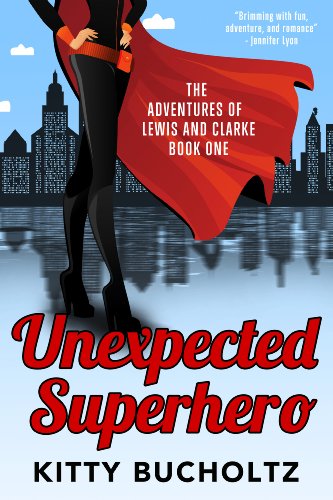You’re Welcome….
November 25, 2014 by A Slice of Orange in category ArchivesVeterans Day with “The Christmas Piano Tree” by Jina Bacarr
November 11, 2014 by A Slice of Orange in category Archives tagged as Christmas, Christmas eve, Confessions of a Podcast Goddess, military, piano, PTSD, romance, second chance, soldier, sweet romance, tree, veterans, Veterans Day, wounded warrior
The gate is the entrance to the Mary Huber School for Girls where my heroine, Kristen Delaney, works…she’s been feeding homeless vets with leftover food as a way of keeping her husband’s memory alive (he was killed in Afghanistan)–this is a very difficult Christmas Eve for her and her little girl Rachel…until this soldier shows up!!
Here’s a short scene where we first meet him. Kristen gets a funny feeling when she sees a tall man walking toward her…
“She pulled her steering wheel hard to the right to avoid colliding with the tall man bundled up in a black field jacket and khaki pants, a duffel bag strapped on his back, his broad shoulders dusted with falling snow.
“She stuck her head out of the window to give him a piece of her mind and then stopped.
“Something about him made her stare at him. He had that swagger she knew so well. Military. Seeing him touched a nerve. Another homeless vet. Kristen shook her head, understanding. He was the third one this week looking for a hot meal.
“Not surprising on Christmas Eve.â€
=================
Who is the handsome soldier? And how is he tied to Kristen’s past?

Lost.
Dead and forgotten.
Angry, frustrated, he tried to reach out and grab it, but whatever his buddy said to him before he died remained silent and still in his mind.
When would he remember? When?”
 http://www.pinterest.com/jbacarr
http://www.pinterest.com/jbacarr
PS — just wanted to add that my Christmas Novella A Soldier’s Italian Christmas won the Novella category in the I Heart Indie contest!
The Value of Advertising a Single Self-Published Book by Kitty Bucholtz
November 10, 2014 by A Slice of Orange in category Archives tagged as It's Worth It, Kitty Bucholtz, Unexpected Superhero
Missing the Next Meeting
November 6, 2014 by Linda O. Johnston in category Pets, Romance & Lots of Suspense by Linda O. Johnston tagged as A Superstition Mystery, Linda O. JohnstonThis will be a quick post, because most of what I want to say is how great the next OCC meeting sounds… and how I regret that I won’t be there.
I’m not sure why things seem to happen together, to conflict, but this time I have a commitment that I need to honor instead of attending OCC.
Wish I could do both, but that’s not going to happen. Instead, I’ll just say… have a great time without me, OCC.
 |
| Linda’s current release |
In case you’re wondering why I’m sorry I won’t be there, just scroll down and see what’s scheduled to occur on Saturday. A great chapter meeting! Lots happening, and all of it fun and helpful. Plus, I’m always happy to see my friends at meetings and find out what’s going on in their lives. Not to mention letting them know what I’m up to.
Anyway, just know I’ll be thinking about you. And I’ll keep my fingers crossed that I’ll see you all in December.
Meeting reminder: Beth Yarnall Demystifies “Authorpreneurs”
November 3, 2014 by A Slice of Orange in category Archives tagged as Beth Yarnall, Meeting Reminder, November 2014, OCC/RWA, PAW, roundtable discussions, writing tips
|
“The Amazon Bookseller’s Toolbox: Everything You Could Possibly Want to Know about Selling Books on Amazon… and Then Someâ€
|
Affiliate Links
A Slice of Orange is an affiliate with some of the booksellers listed on this website, including Barnes & Nobel, Books A Million, iBooks, Kobo, and Smashwords. This means A Slice of Orange may earn a small advertising fee from sales made through the links used on this website. There are reminders of these affiliate links on the pages for individual books.
Search A Slice of Orange
Find a Column
Archives
Featured Books
SISTERS OF THE RESISTANCE
Now they must choose – save themselves, or fight the Nazis
More info →INTO THE MOONLESS NIGHT
Catch Starthorne has spent a lifetime running from the prophecy that names him as the one who will save the shifter race, but now that he has returned to his home in Clawcrags, he may have to face his destiny.
More info →
DAY OF THE DARK
A recipe for disaster: take one total solar eclipse, add two dozen spine-chilling mysteries, and shake the reader until the world ends in Day of the Dark!
More info →Newsletter
Contributing Authors
Search A Slice of Orange
Find a Column
Archives
Authors in the Bookstore
- A. E. Decker
- A. J. Scudiere
- A.J. Sidransky
- Abby Collette
- Alanna Lucus
- Albert Marrin
- Alice Duncan
- Alina K. Field
- Alison Green Myers
- Andi Lawrencovna
- Andrew C Raiford
- Angela Pryce
- Aviva Vaughn
- Barbara Ankrum
- Bethlehem Writers Group, LLC
- Carol L. Wright
- Celeste Barclay
- Christina Alexandra
- Christopher D. Ochs
- Claire Davon
- Claire Naden
- Courtnee Turner Hoyle
- Courtney Annicchiarico
- D. Lieber
- Daniel V. Meier Jr.
- Debra Dixon
- Debra H. Goldstein
- Debra Holland
- Dee Ann Palmer
- Denise M. Colby
- Diane Benefiel
- Diane Sismour
- Dianna Sinovic
- DT Krippene
- E.B. Dawson
- Emilie Dallaire
- Emily Brightwell
- Emily PW Murphy
- Fae Rowen
- Faith L. Justice
- Frances Amati
- Geralyn Corcillo
- Glynnis Campbell
- Greg Jolley
- H. O. Charles
- Jaclyn Roché
- Jacqueline Diamond
- Janet Lynn and Will Zeilinger
- Jaya Mehta
- Jeff Baird
- Jenna Barwin
- Jenne Kern
- Jennifer D. Bokal
- Jennifer Lyon
- Jerome W. McFadden
- Jill Piscitello
- Jina Bacarr
- Jo A. Hiestand
- Jodi Bogert
- Jolina Petersheim
- Jonathan Maberry
- Joy Allyson
- Judy Duarte
- Justin Murphy
- Justine Davis
- Kat Martin
- Kidd Wadsworth
- Kitty Bucholtz
- Kristy Tate
- Larry Deibert
- Larry Hamilton
- Laura Drake
- Laurie Stevens
- Leslie Knowles
- Li-Ying Lundquist
- Linda Carroll-Bradd
- Linda Lappin
- Linda McLaughlin
- Linda O. Johnston
- Lisa Preston
- Lolo Paige
- Loran Holt
- Lynette M. Burrows
- Lyssa Kay Adams
- Madeline Ash
- Margarita Engle
- Marguerite Quantaine
- Marianne H. Donley
- Mary Castillo
- Maureen Klovers
- Megan Haskell
- Melanie Waterbury
- Melisa Rivero
- Melissa Chambers
- Melodie Winawer
- Meriam Wilhelm
- Mikel J. Wilson
- Mindy Neff
- Monica McCabe
- Nancy Brashear
- Neetu Malik
- Nikki Prince
- Once Upon Anthologies
- Paula Gail Benson
- Penny Reid
- Peter Barbour
- Priscilla Oliveras
- R. H. Kohno
- Rachel Hailey
- Ralph Hieb
- Ramcy Diek
- Ransom Stephens
- Rebecca Forster
- Renae Wrich
- Roxy Matthews
- Ryder Hunte Clancy
- Sally Paradysz
- Sheila Colón-Bagley
- Simone de Muñoz
- Sophie Barnes
- Susan Kaye Quinn
- Susan Lynn Meyer
- Susan Squires
- T. D. Fox
- Tara C. Allred
- Tara Lain
- Tari Lynn Jewett
- Terri Osburn
- Tracy Reed
- Vera Jane Cook
- Vicki Crum
- Writing Something Romantic
Affiliate Links
A Slice of Orange is an affiliate with some of the booksellers listed on this website, including Barnes & Nobel, Books A Million, iBooks, Kobo, and Smashwords. This means A Slice of Orange may earn a small advertising fee from sales made through the links used on this website. There are reminders of these affiliate links on the pages for individual books.



.png&container=blogger&gadget=a&rewriteMime=image%2F*)




